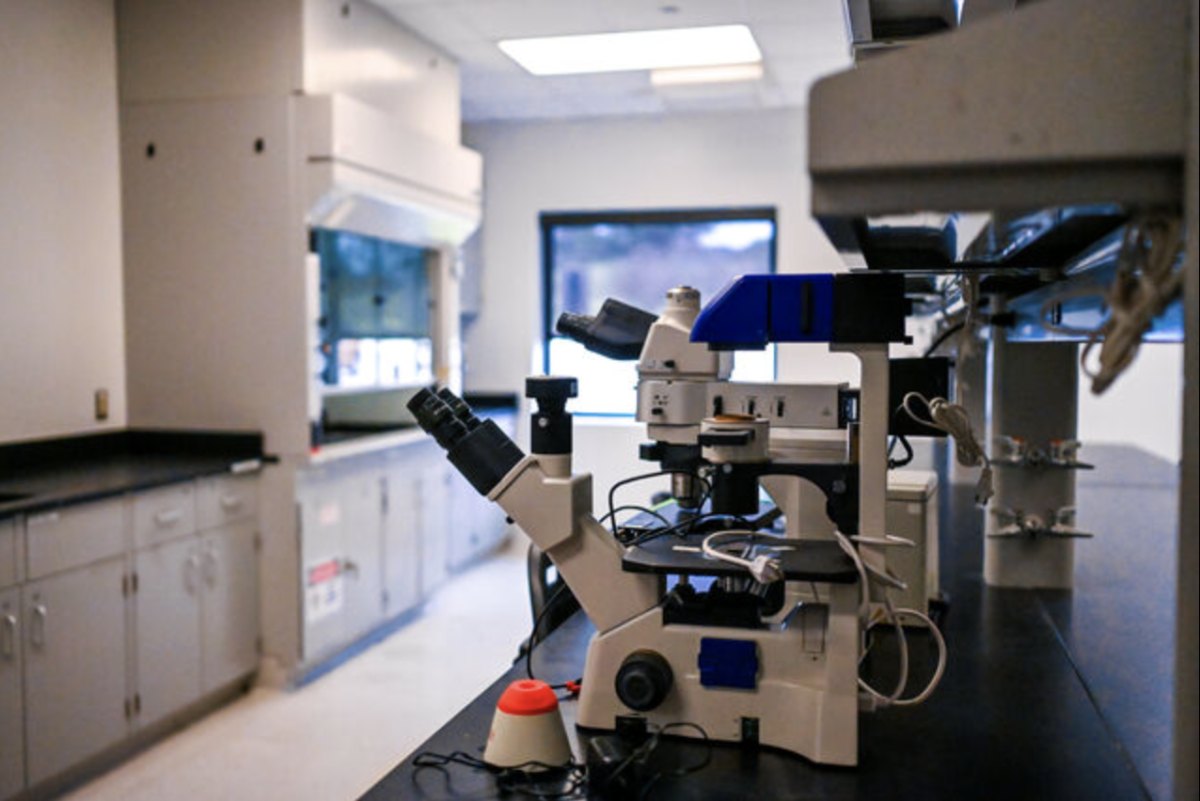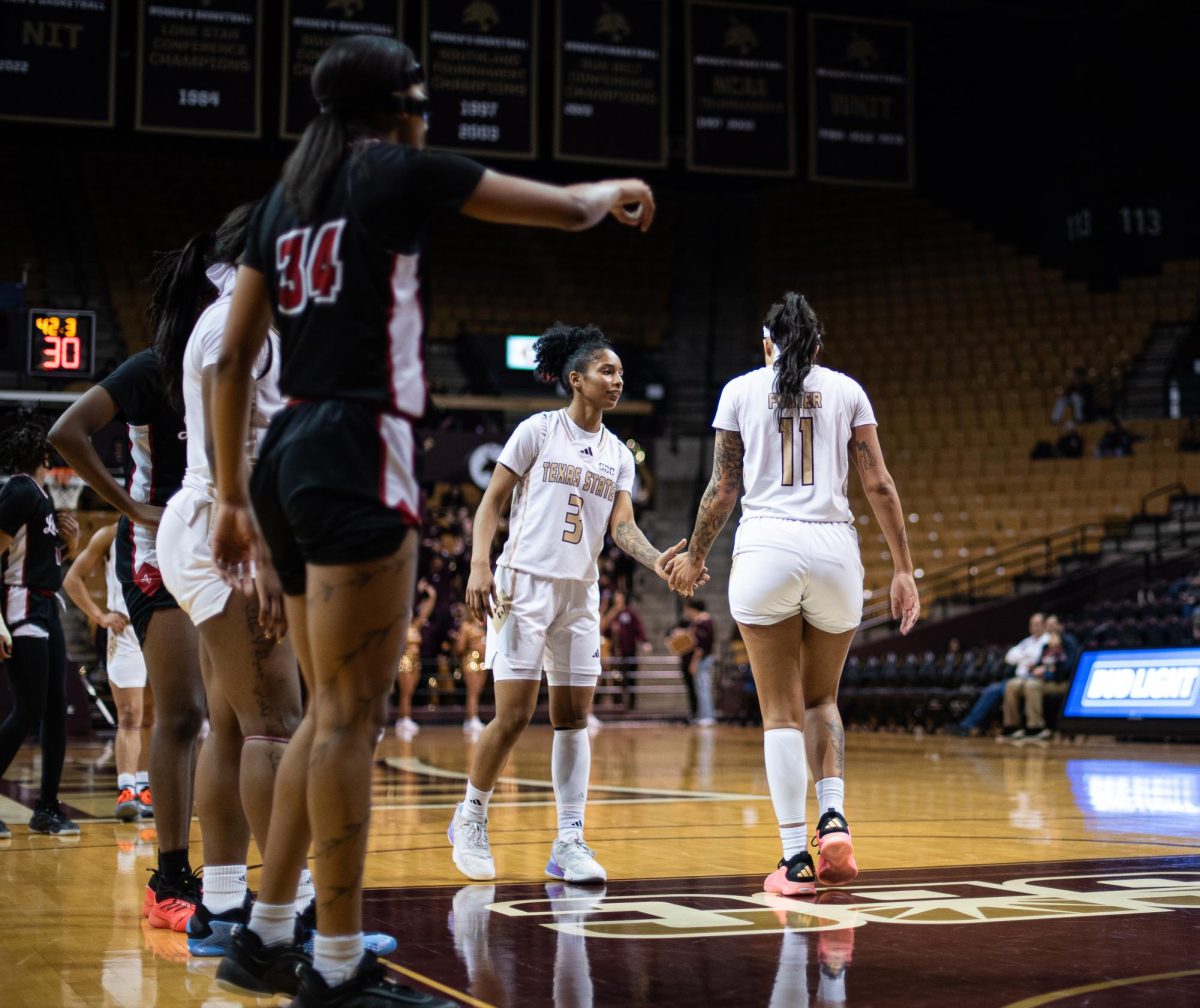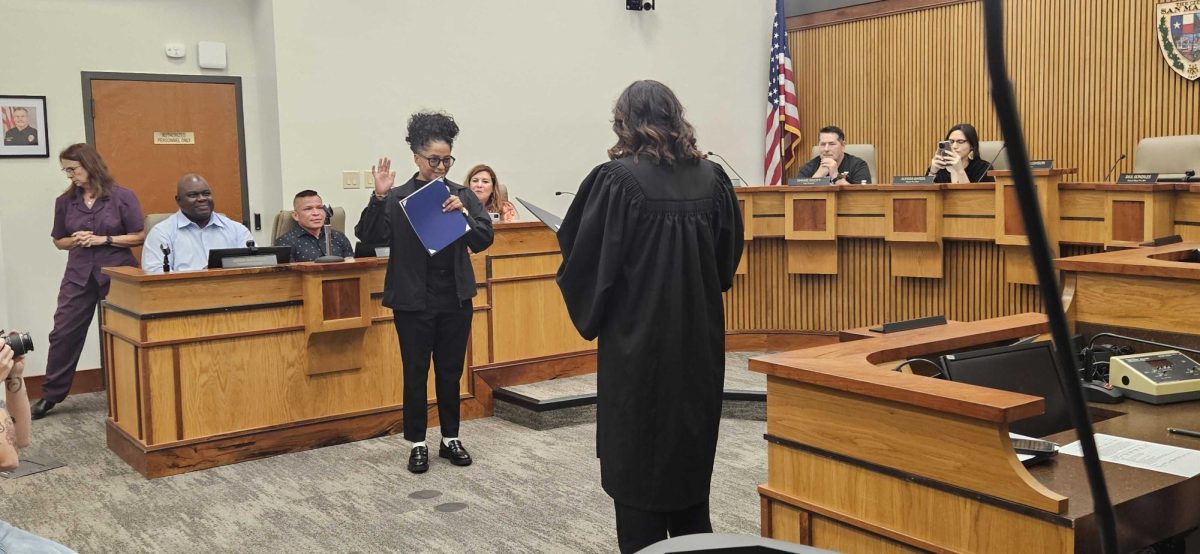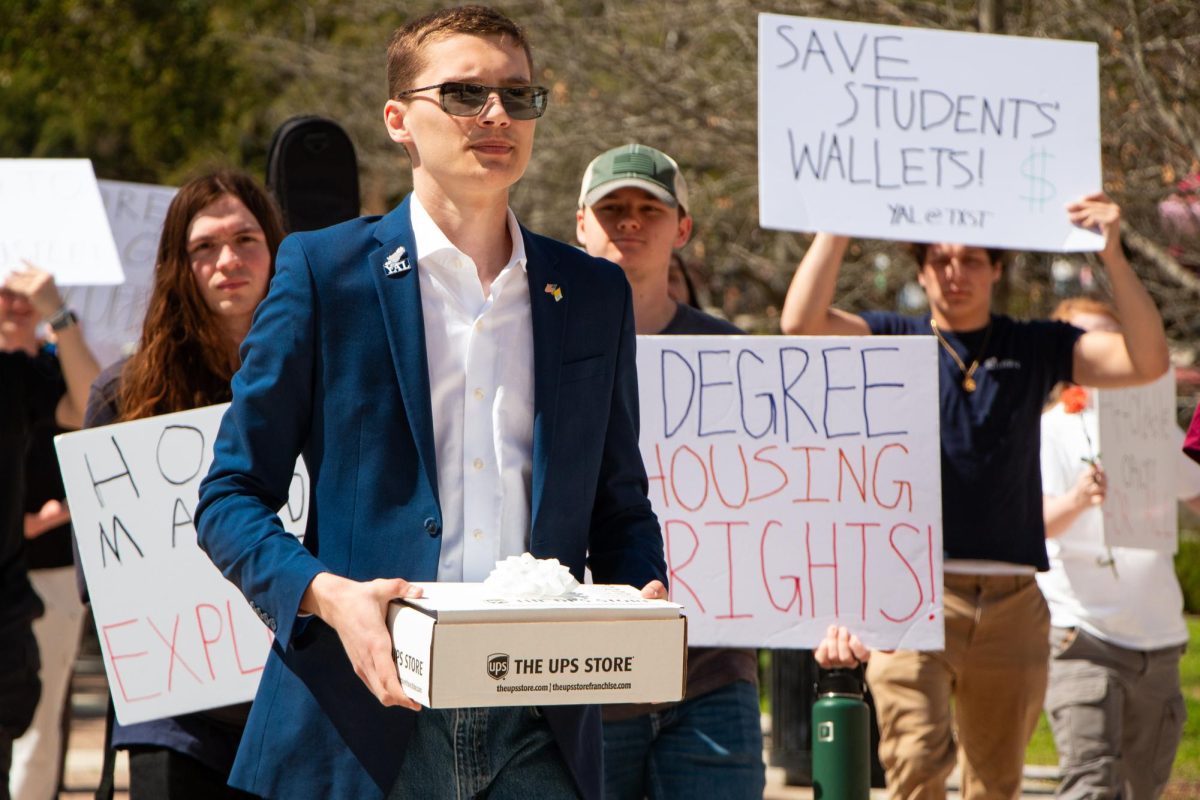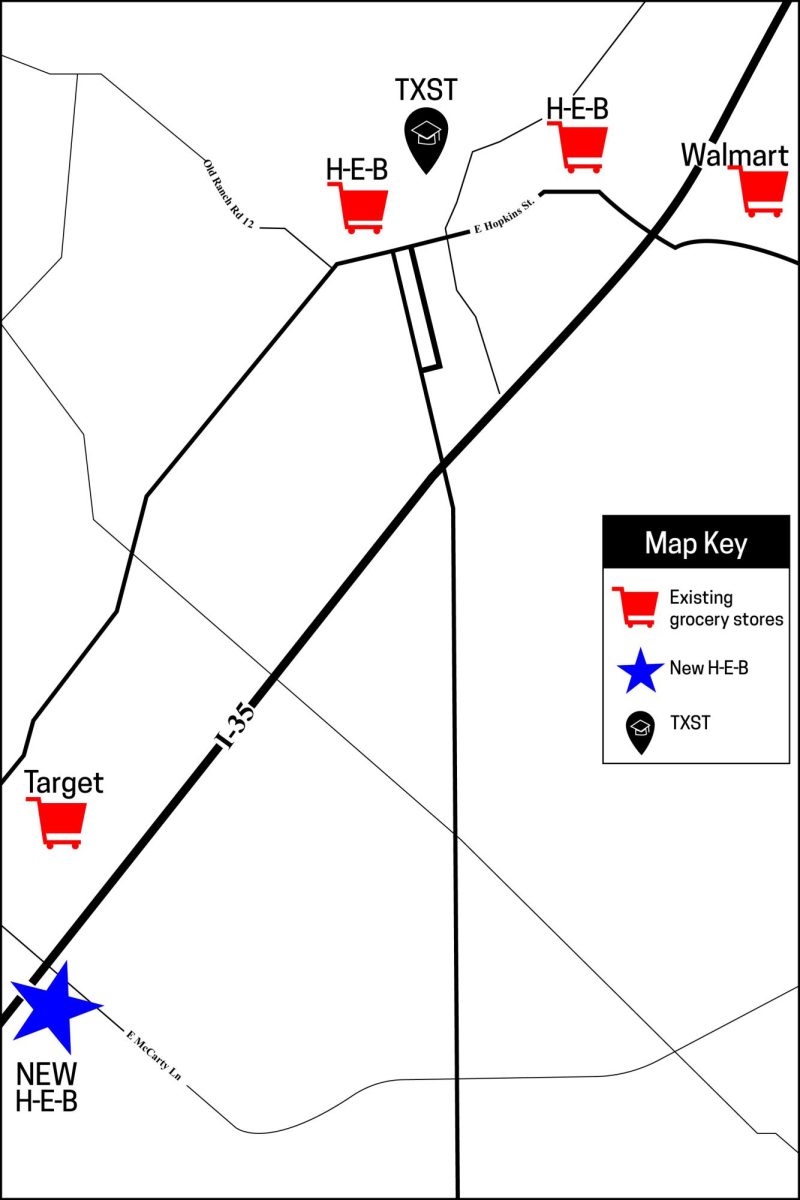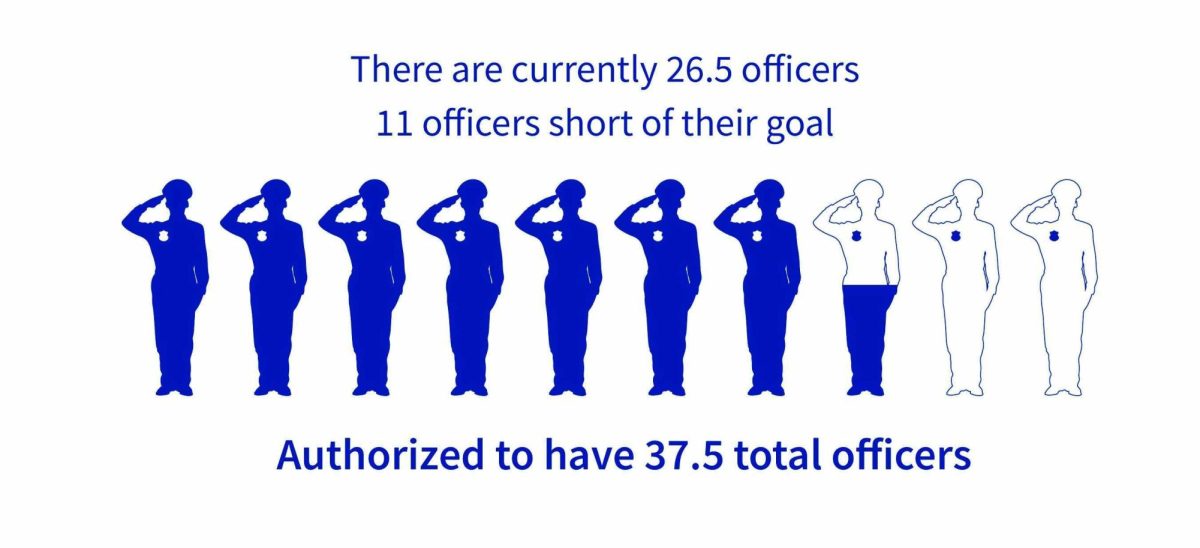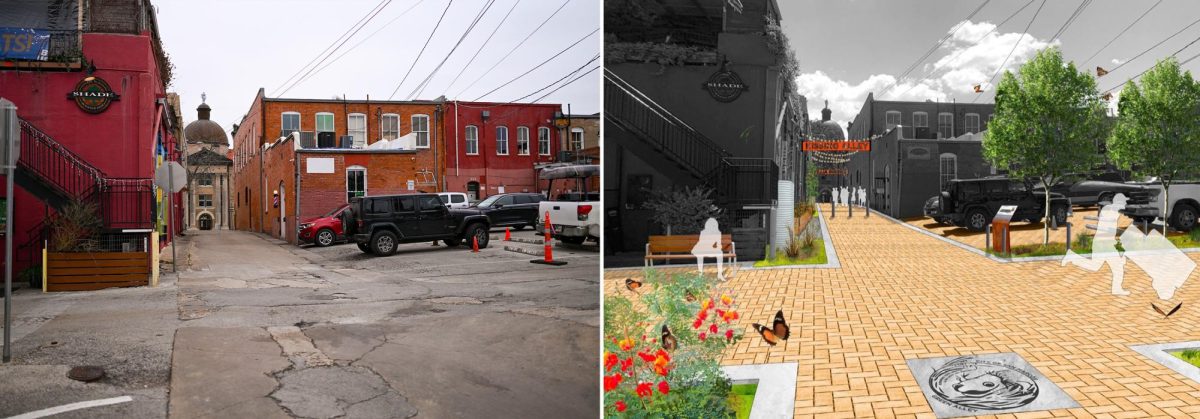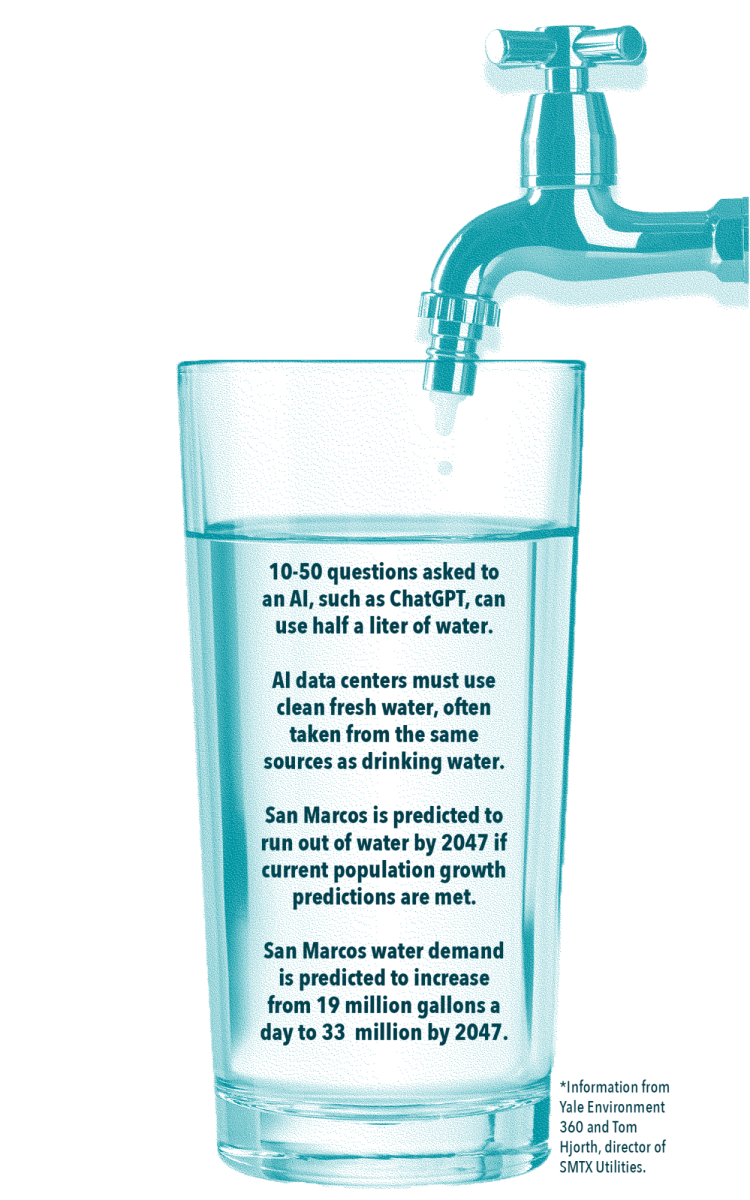
Texas State University is opening a satellite campus in Querétaro, Mexico that will start offering classes in fall 2025.
The board of regents approved the contract between Texas State University and Texas State University Mexico Friday, Aug. 9.
Texas State President Kelly Damphousse said the initiative is reflective of an Arkansas State University satellite campus in Querétaro. The first year Damphousse was a chancellor at Arkansas State was the first year the Mexico campus opened in 2017.
“When I took this job as the president of Texas State, the founder of the campus in Querétaro reached out to me and asked me if we’d be interested in offering some degrees down there that Arkansas State wasn’t able to offer and I said I’d be happy to do that,” Damphousse said.
The degrees that will be offered at Texas State University Mexico haven’t been finalized. Vice President of Texas State Global Thillainatarajan Sivakumaran said those could include computer science, engineering, psychology, biochemistry, mass communication and more.
The degrees will also be accredited by Mexico, meaning students who graduate from the Mexico campus will be eligible to work there and in the U.S.
“It’ll be like a Texas State degree just being taught in another location,” Damphousse said.
Another reason for the satellite campus, Damphousse said, is the increase in international students at the Texas campuses.
“When I got here we had about 500 or so international students at Texas State,” Damphousse said. “This fall, we’ll have about 1,400 international students, so it’s a huge increase.”
Texas State Mexico will be responsible for hiring faculty and staff and providing the facilities. Texas State University in San Marcos will not be paying for any buildings. Students in San Marcos and Round Rock will be able to participate in exchange programs to the Mexico campus and vice versa.
Texas State could potentially make up to $10 million in revenue from the satellite campus, according to Damphousse.
Damphousse said the university is looking at other international initiatives such as the Summer Hub, a study abroad pilot program that launched this June. Those countries include Italy, Australia, London, Japan and more.
“[The study abroad locations] are looking at how they could use their on-campus programs to recruit students to earn both degrees, one from them and one from us, by piggybacking off our online degree,” Sivakumaran said. “So each partnership is a little bit different.”
This is a developing story and updates will be provided as they become available.


